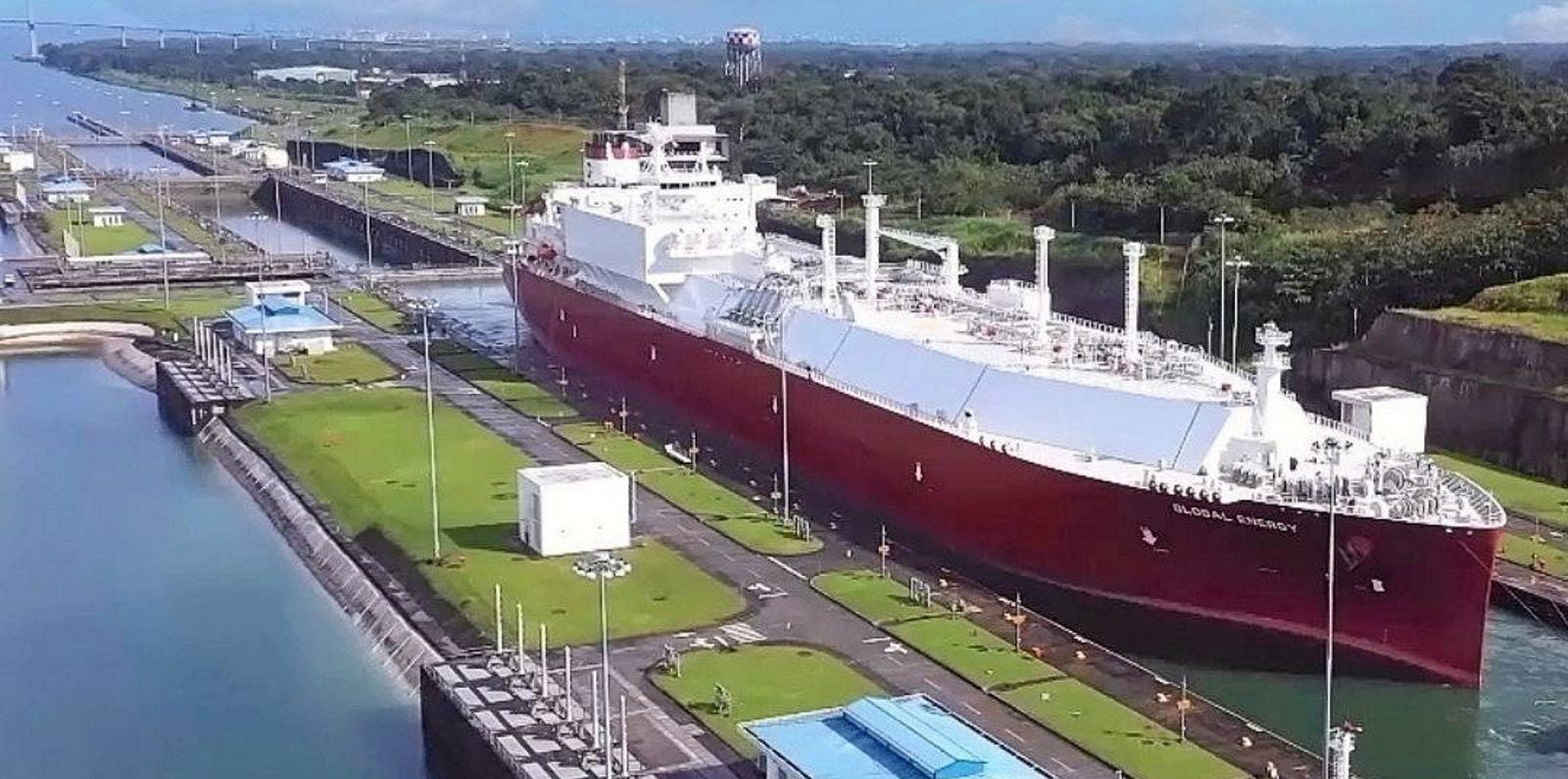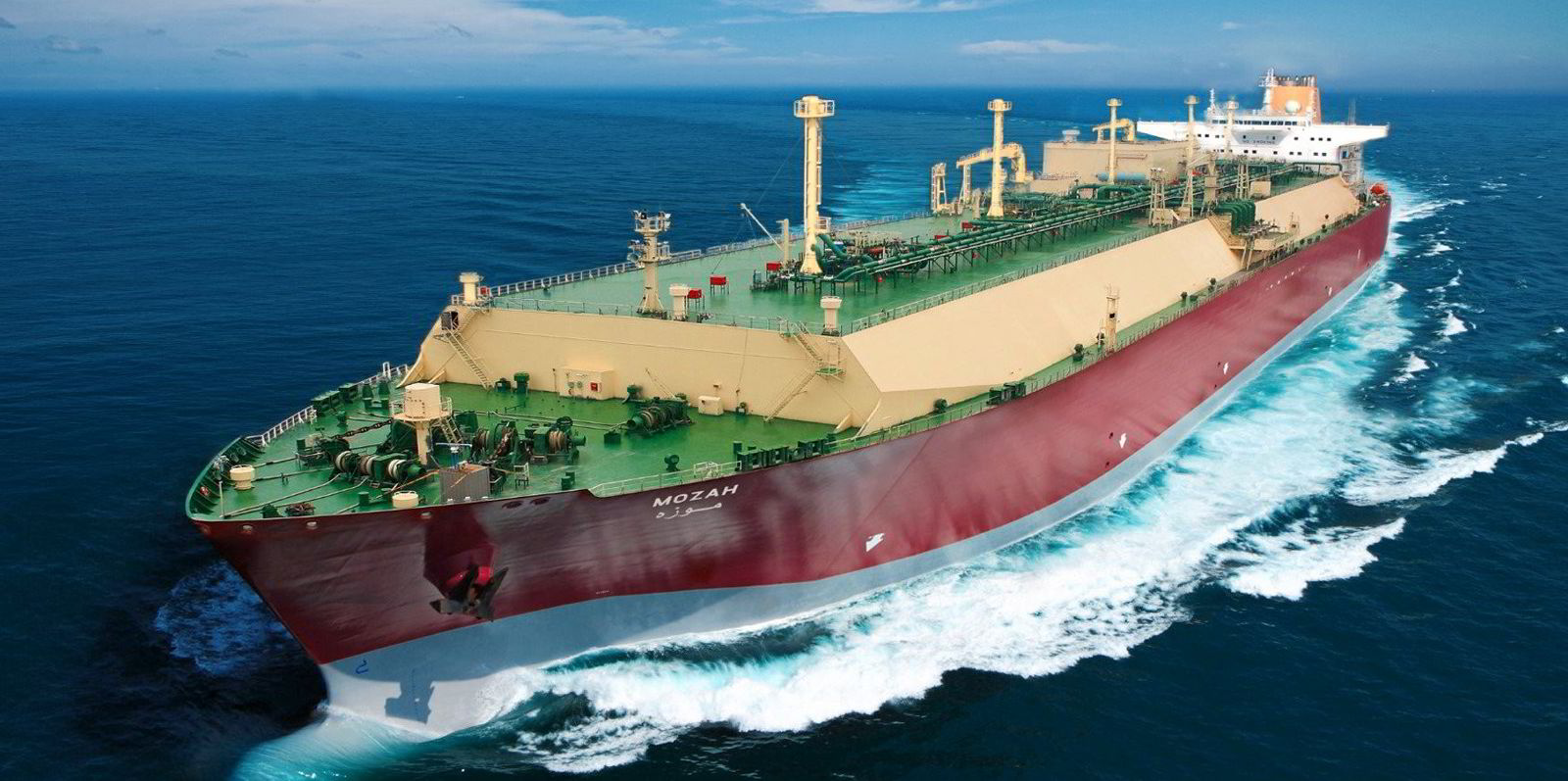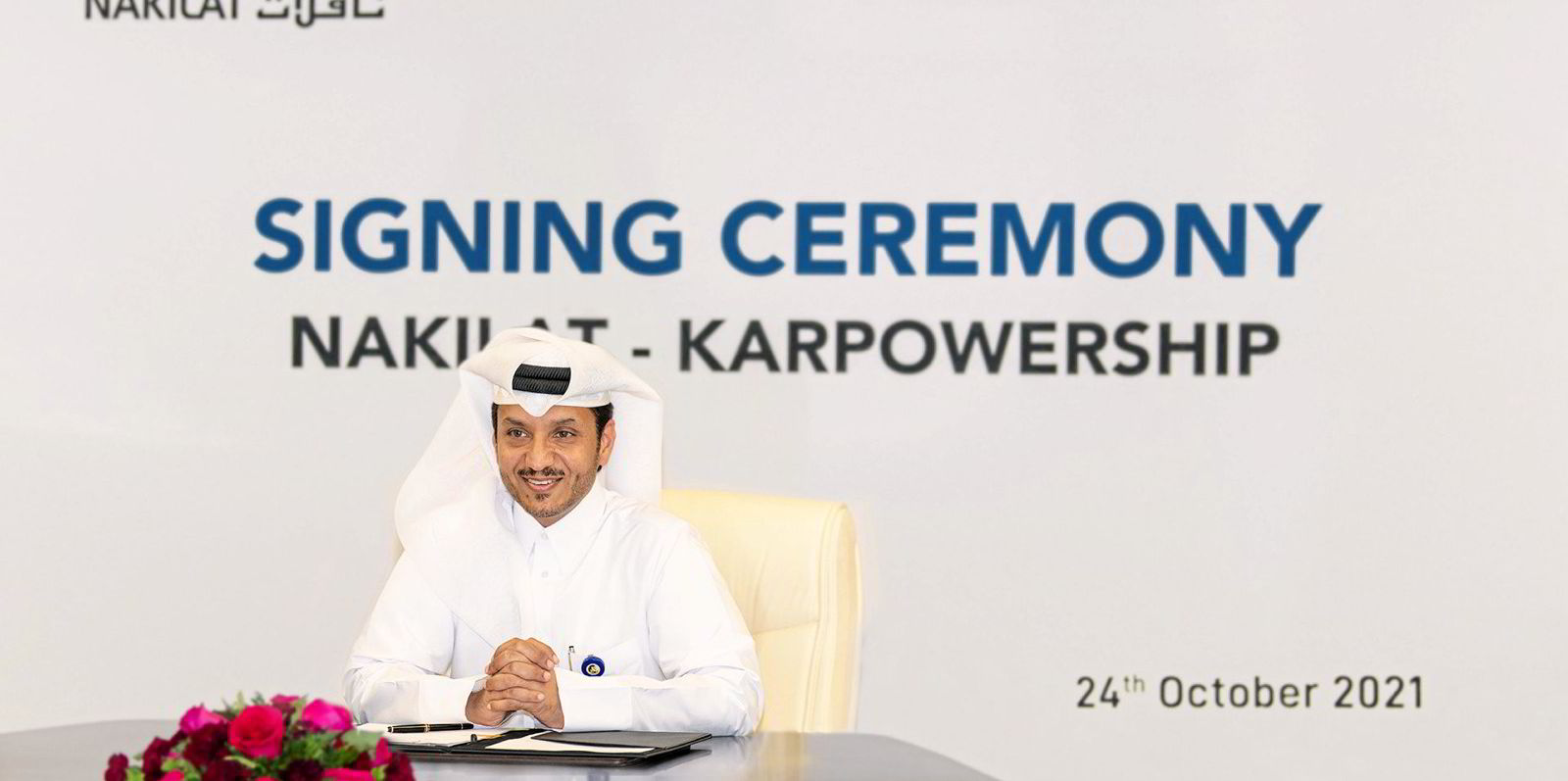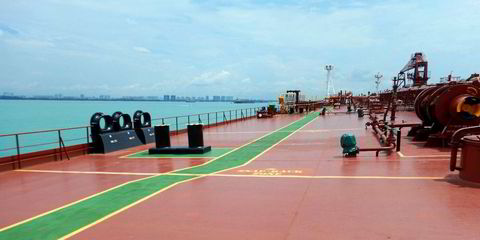Qatari LNG shipping giant Nakilat has teamed up with the ABS to develop a decarbonisation strategy for the company.
Nakilat said it has been working with the classification society's sustainability specialists over the past few months to "map out decarbonisation pathways" for its fleet of 69 LNG carriers and four VLGCs.
The Doha-based shipowner said its vessels receive the ABS Sustain notation, which demonstrates alignment with the United Nations' Sustainable Development Goals and establishes a pathway for sustainability certification and reporting.
The ABS Guide for Sustainability Notations focuses on the sustainability aspects of vessel design, outfitting and layout that can be controlled, measured and assessed, such as pollution and waste, energy efficiency, performance monitoring, low-carbon fuels and asset recycling.
Nakilat said the move is part of its drive to become "a global maritime sustainability leader".
On 20 December, the company unveiled its first Environmental, Social and Governance Report 2020.
It detailed the average Annual Efficiency Ratio or Carbon Intensity Indicator and Energy Efficiency Operational Indicator (EEOI) — the amount of CO2 emitted per tonne-mile of work for each of its ships in 2020.
This revealed that some of its oldest steam-turbine ships had the highest carbon intensity numbers.
Nakilat said it had set a key performance indicator target of 10.5 for the average EEOI CO2 index for its LNG fleet; 13 for its Q-Flex and Q-Max ships, depending on the yard in which they were built; 2 for its "Global" fleet; and 10 for its LPG carriers.
Chief executive Abdullah Al Sulaiti said: "We recognise the important role we play in reducing our carbon footprint and are committed to carry out our operations in a sustainable manner.
"In addition to this partnership with ABS, we are also leading a working group with our joint venture partners to ensure our global fleet operations meet with [the International Maritime Organization's] decarbonisation targets."
Al Sulaiti said Nakilat's focus is on the sustainable development of its fleet beyond 2030.
He said this contributes towards the realisation of Qatar National Vision 2030 and the company's ambition to be a global leader and provider of choice for energy transportation and maritime services.
ABS director of global sustainability Georgios Plevrakis claimed the class society is a pioneer in this space.
He said it is "developing tools and strategies that help shipowners decarbonise their operations, while simply and clearly demonstrating their progress towards zero-carbon operations".







